‘No man should have to go what I went through,’ said the teary John Jarratt, after a jury took 15 minutes to decide he was not guilty of an alleged rape forty years earlier. He’d been through twenty months of what he called ‘media death row’, with the worldwide press coverage traumatic for his entire family.
The accusation came from a former flatmate – Jarratt admitted he had sex with the woman, but said it was consensual. She said she’d been inspired by #MeToo and took action when the well-known Australian actor was at the peak of his career, starring in Wolf Creek II. Even after the jury tossed the case out and Jarratt successfully sued The Telegraph for reporting he had ‘got away with rape’, the incident will always be part of his history.
‘The woman who perpetrated the evil lie against me walked away scot-free,’ said Jarratt, calling for laws to be changed so that neither party is identified unless someone is convicted.
Last week I spoke to Daniel Janner, QC, a UK barrister who has set up an organisation called FAIR, (Falsely Accused Individuals for Reform), pushing for legislation to give anonymity to those accused of sexual offences.
Daniel’s father, Lord Janner of Braunstone, was twice the target of false sexual abuse allegations resulting in a well-publicised police raid on his home and parliamentary offices. None of the accusations against him were tested in court before his death in 2015. Daniel is clear that he believes the motivation for the allegations was possible lucrative victims’ compensation claims.
Daniel’s group was launched in 2019, with a demonstration outside Parliament led by Sir Cliff Richards, who had faced his own nightmare through being accused of historic sexual abuse. Sir Cliff described his four-year ordeal which turned him into a ‘zombie’, stopping him sleeping for years: ‘I don’t think I will ever get over it.’
FAIR’s first petition attracted over 27,000 signatures but that initial momentum was derailed for two years by Covid lockdowns. Now the group is actively pushing for an amendment to the next criminal justice bill to make it an offence to identify or publish information about someone accused of a sexual offence unless they have been charged. An exception would be made in special circumstances, like a historic institutional rape case where there’s abundant evidence of wrongdoing and a high likelihood of other victims.
At one time teachers and other professionals had legal protection from being named prior to conviction but then the UK system was captured by the feminists and became victim-centred, with accusers being given anonymity and the accused allowed to be publicly named. Every time there’s an attempt at reform, feminists claim alleged perpetrators must be named because publicity is essential to encourage other ‘victims’ to come forward to ensure prosecution.
This argument may hold up in some historic institutional rape cases, but it is absolute nonsense in the majority of sexual assault cases. For a start a lot of the perpetrators are kids – in Australia, the largest group of sexual assault perpetrators are aged between 15-19. Most of these are date rape or hook-up cases involving young people struggling with the issues of consent.
It’s nonsense to suggest there’s always a bunch of other victims who could come forward. Yet the sisterhood controlling our justice system gets away with this monstrous lie, ensuring even students can be named and shamed. The argument that victims deserve special protection due to the unique opprobrium associated with sexual crimes also applies to the falsely accused. Yet that obvious fact is totally ignored.
Please watch and circulate my video. This issue must receive public attention.
While it’s great to see people trying to get laws changed to protect the anonymity of accused men, it also makes sense to try to ensure false accusers face the music for what they have done.
Here too there’s finally some action – with a group based in the UK organising a Falsely Accused Day on Friday, September 9. Falsely Accused Day aims to bring public awareness to the plight of the falsely accused and strengthen the enforcement of sanctions against false accusers. Events are currently planned for London, Liverpool, Glasgow, Washington DC, and Buenos Aires.
Take a look at this excellent list of information about false allegations which was put together by the international group CEDV, a coalition working to reform domestic violence laws and policies, which is supporting this campaign:
- A 2020 national survey conducted by YouGov found that 8 per cent of Americans – 1 per cent of men and 6 per cent of women – report being falsely accused of sexual assault, domestic violence, or child abuse. The 8 per cent figure represents 20.4 million adults. In 62 per cent of cases, the false accusers were reported to be females. Here’s a video on the survey.
- False allegations are the leading cause of wrongful convictions. According to the National Registry of Exonerations, false allegations and perjury contribute to 62 per cent of all wrongful convictions.
- The YouGov survey showed about one-quarter of false allegations are made during a child custody dispute. A 2021 Australian Journal of Social Issues article, Allegations of Child Sexual Abuse, showed judges determined that only 12 per cent of the child sexual abuse allegations involved in contested family court cases were found to be true.
- Such allegations can lead to parental alienation syndrome with long-term harmful effects on the child.
- About 40-50 per cent of allegations of American campus sexual assault are found to be unfounded.
- False allegations can have other devastating consequences, including social stigmatisation, impairment of career opportunities, and mental health problems.
But the most important fact you need to know about false allegations is that our police and prosecutors are under orders not to take action over false allegations, or perjury in sexual cases.
Feminists have convinced our justice system that ‘real’ rape victims will be deterred from coming forward if they are not believed and could be charged with making a false allegation. That’s the reason feminists can claim such a low official rate of false allegations. They have fixed the system to ensure precisely this outcome. And naturally, our lazy media is happy to promote their lies.
Police often tell families of falsely accused men that they would like to take action for perjury, but their hands are tied – as shown in this case of an 18-year-old Queenslander falsely accused of rape.
Hopefully if FAIR succeeds in having their legislation changed to protect the anonymity of accused men, this might have an impact here as well. Sadly Australia now has some of the most anti-male laws in the Western World and it is going to take some doing to loosen the stranglehold our virulent feminists have on our current system.
But I hope you will all get out there, promoting Falsely Accused Day wherever you can. Use the information gathered here to inform public debate, and post comments online the next time there’s a discussion about false accusations, or joining in talk-back chat.
Read more of Bettina Arndt on Substack.
Got something to add? Join the discussion and comment below.
Get 10 issues for just $10
Subscribe to The Spectator Australia today for the next 10 magazine issues, plus full online access, for just $10.


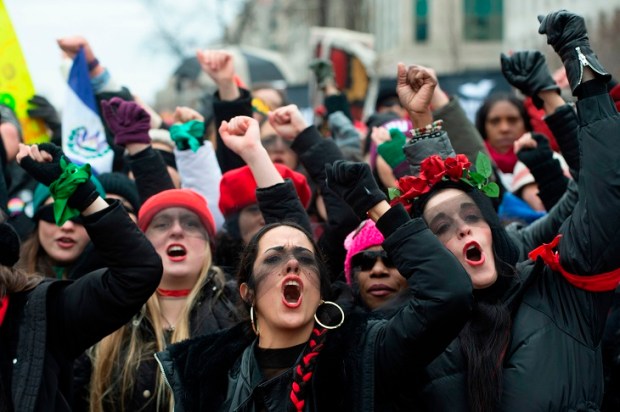
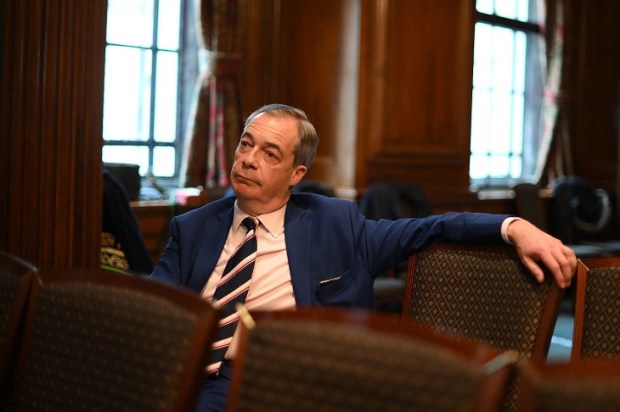

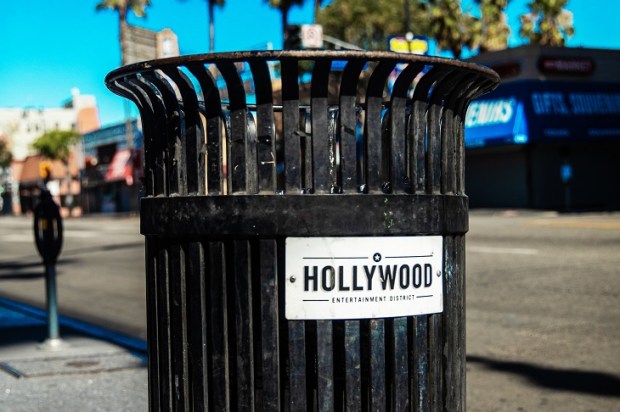
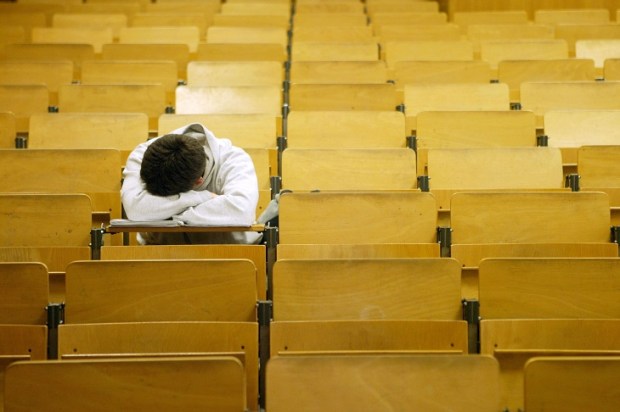
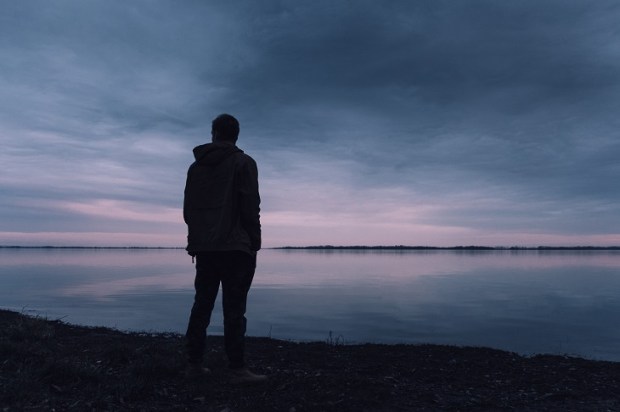


















Comments
Don't miss out
Join the conversation with other Spectator Australia readers. Subscribe to leave a comment.
SUBSCRIBEAlready a subscriber? Log in